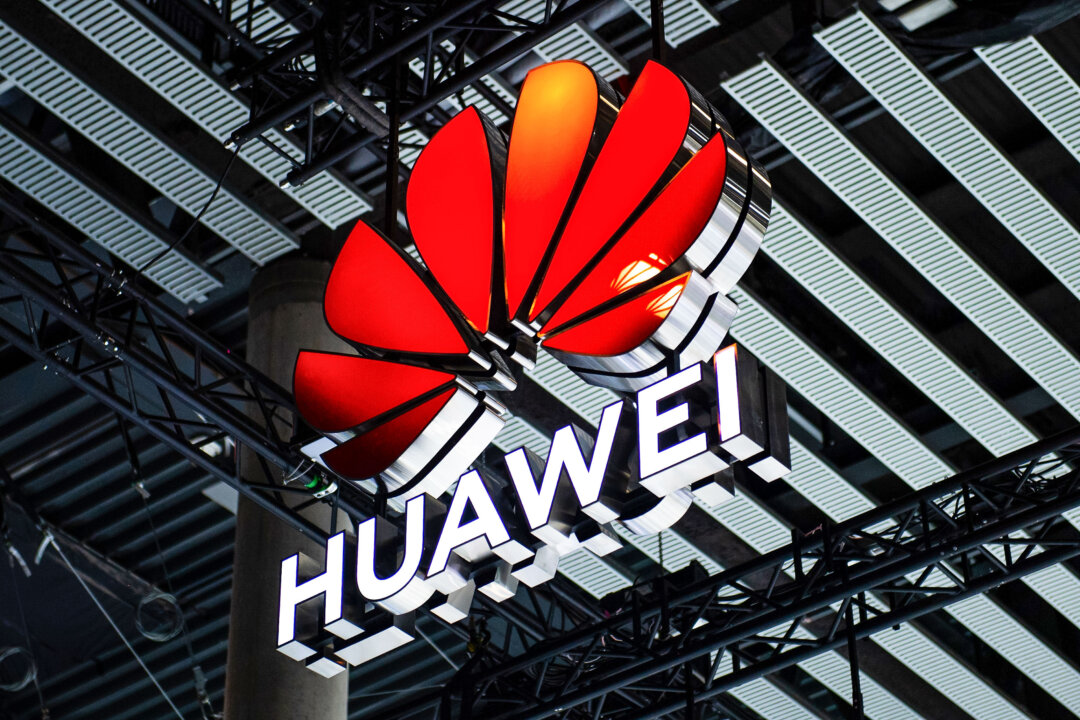The U.S. Bureau of Industry and Security also sanctioned Chinese companies that it says support Beijing’s military modernization through AI research.
The U.S. Commerce Department’s Bureau of Industry and Security (BIS) announced on Jan. 15 that it blacklisted 16 companies and tightened export due diligence rules to prevent China from accessing advanced semiconductors.
Taiwanese chipmaker TSMC informed the United States in October 2024 that one of its chips had reportedly been found in Huawei’s Ascend 910B multi-chip artificial intelligence (AI) system.
In a final rule posted to the Federal Register, the BIS said it is adding 14 China-based companies and two Singapore-based companies to its entity list because they “supply Chinese public security end users and pose a risk of diversion to Huawei, an entity on the Entity List.”
Companies on the Entity List are subject to specific licensing requirements for the export, reexport, and in-country transfer of specified items, and their license applications are likely to be denied.
China’s Huawei, a telecommunications equipment maker and technology conglomerate, was placed on the list in 2019. Since 2020, it has been a violation to ship foreign-made chips to the company without a license.
The additions to the list announced on Jan. 15 include AI chip designer Sophgo Technologies Ltd., an affiliate of Beijing-based bitcoin mining company Bitmain, and Sophgo’s branches in Fujian, Qingdao, Beijing, Xiamen, and Singapore.
It also includes Chengdu Suanze Technology, Fujian Suanxin Technology, Jiangsu Suanxin Technology, Quliang Electronics, Shanghai Suanhu Technology, Suanli (Fujian) Technology, Tianjin Shunhua Technology, Wuhan Suanneng Technology, Wuxi Suanneng Technology, and Singapore-based PowerAir Pte. Ltd.
Secretary of Commerce Gina Raimondo said in a Jan. 15 statement that the measures “will further target and strengthen our controls to help ensure that the PRC and others who seek to circumvent our laws and undermine U.S. national security fail in their efforts.”
“We will continue to safeguard our national security by restricting access to advanced semiconductors, aggressively enforcing our rules, and proactively addressing new and emerging threats,” she said.
Due Diligence Rules
The BIS also published an interim final rule to tighten due diligence rules on exports of advanced chips to keep them from reaching China.
The new controls affect chips at 14 or 16 nanometer nodes or below that can be used in AI applications and affect companies beyond TSMC.
Chipmakers can bypass licensing requirements if certain conditions are met, such as working with trusted chip packagers and approved designers subject to due diligence and reporting obligations.
Alan Estevez, under secretary of commerce for industry and security, said the administration is “committed to preventing the misuse of advanced U.S. technology and curbing the national security concerns raised by the PRC’s military-civil fusion.”
Estevez said that by enhancing due diligence requirements, “we are holding foundries accountable for verifying that their chips are not being diverted to restricted entities.”
Separately, the BIS added 11 other Chinese companies to the Entity List. Most of them are affiliates of Beijing-based Zhipu AI.
The BIS said the companies advance the Chinese communist regime’s military modernization “through the development and integration of advanced artificial intelligence research.”
The Netherlands Expands Export Controls
The Dutch government said on Jan. 15 that it will expand its export controls on chip-making tools from April 1.
Currently, exporters in the Netherlands must apply for export licenses for a narrow range of tools, such as lithography equipment used to carve intricate circuits on silicon wafers. The requirement will expand to include equipment used in other stages of semiconductor production, according to new rules published by the country’s Ministry of Foreign Affairs.
The Dutch government said it will decide the applications on a case-by-case basis.
In a statement, Dutch Minister for Foreign Trade and Development Reinette Klever said: “We believe it is important to maintain control over who gains possession of what technology. The government closely monitors semiconductor manufacturing technology. Technological developments may make it necessary to modify the rules. We are observing increased security risks associated with the uncontrolled export of this specific equipment. For this reason, an export authorization will henceforth be required.”
Reuters contributed to this report.

